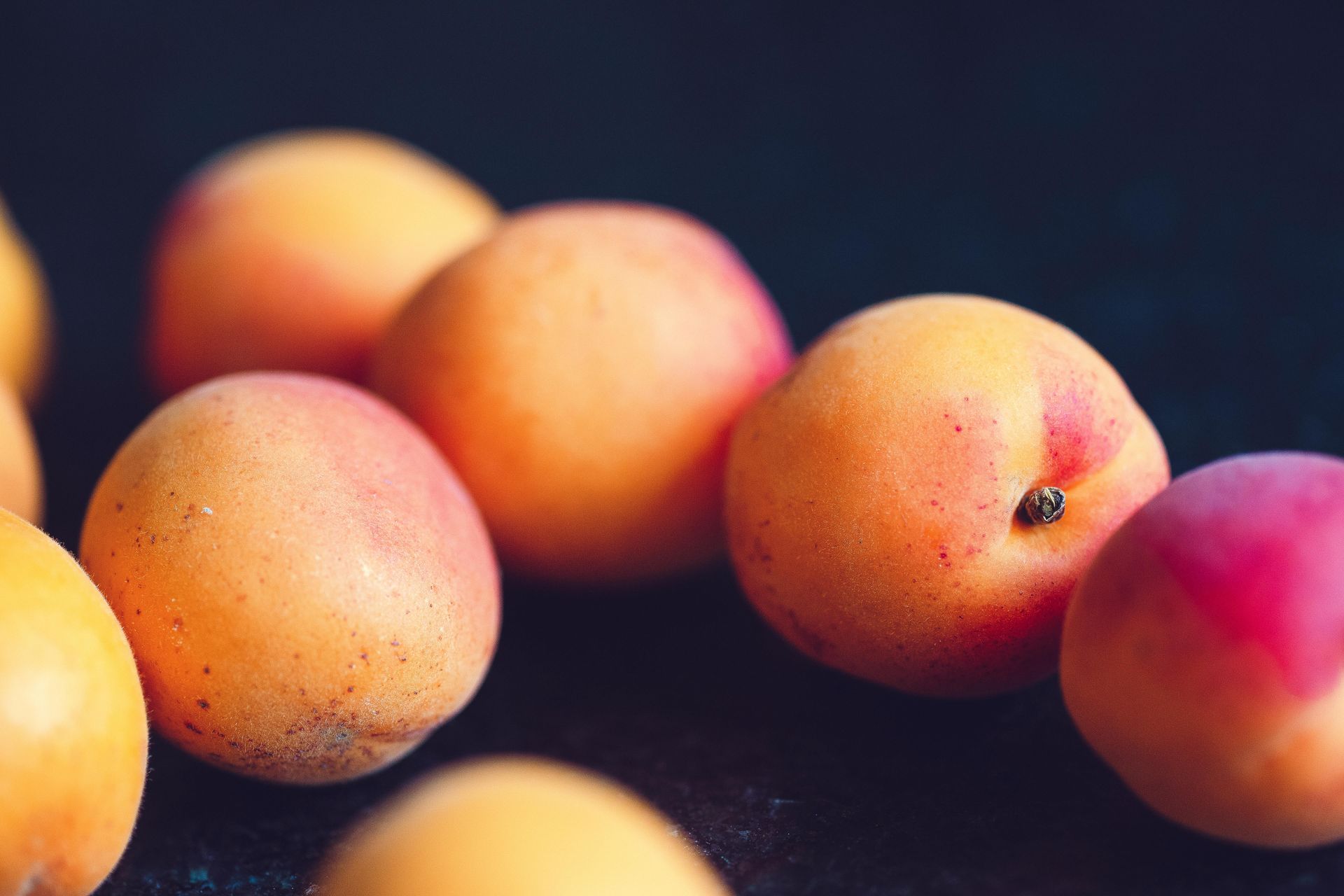Covid is just one of many coronaviruses…
Can we make a vaccine for them all?
Covid isn't unique. It isn't the first coronavirus to make the leap into humans. Far from it. And there is zero chance that it'll be the last. Does it make sense to work on a vaccine that kills all possible coronaviruses? Under the circumstances we face, it absolutely does. So how are scientists doing on the search for a different kind of vaccine, one that'll protect us against other existing and future coronaviruses? As it turns out the work has already started. Many thanks to New Scientist magazine for the insight.
Universal coronavirus vaccines due for human trials in late 2021
The next coronavirus could easily be as transmissible as SARS-CoV-2 but also as deadly as SARS and MERS.
If that happened we could easily see a hundred million people dead within a year.
A universal coronavirus vaccine would have to pin down a common region of every coronavirus, one that's totally essential for survival. It also has to target a thing or place that doesn’t change as viruses mutate, which they always do. There is such a place, luckily, and it's called the universal epitope, the immune system-stimulating region of the virus.
Let's be clear – we can't yet say it's possible to make a vaccine that works against all coronaviruses. But the signs are looking good. In 2014 a team identified an epitope that proved universal across all known human coronaviruses, but the discovery wasn't taken any further. Now we need to give it a go and take the research to the next stage.
So current and future coronaviruses are pretty likely to have common features that a universal vaccine could focus on. Immunological studies reveal more useful facts. Antibodies from people who have recovered from SARS sometimes give protection against covid, and vice versa. In the same way, animals immunised against SARS-have developed resistance to covid. This alone suggests a universal vaccine is possible.
Another approach involves making artificial proteins with the features of spike proteins from several human and animal coronaviruses, in an effort to deliver broad immunity against multiple coronaviruses. The results of the early animal tests are, apparently, 'rather promising'. Other studies provoke a handy T-cell immune response, also in mice.
In the meantime the UK company ConserV Bioscience is busy developing an mRNA vaccine that kills off the full spectrum of coronaviruses, including common cold viruses. They haven't given any details yet but they're keen to create a vaccine to give people every few years, designed to keep us safe from all coronaviruses.
The vaccine is in the preclinical testing stage right now and could start early human trials in 2021.
VBI Vaccines in Massachusetts is on the same trajectory, hoping to begin human trials later in 2021.
Their universal vaccine targets SARS, covid 19 and MERS.
Numerous vaccines underway around the globe
As well as a universal vaccine, there are trials going on around the world for a host of new covid vaccines, each using slightly different methods. Some are more child-friendly than others, some work better on older people than younger. Once they're all up and running we'll have a battery of weapons against covid.
In the meantime, we need to stop the spread as fast as we can, by whatever methods we have available.
Why does it matter so much? Because the more people catch the virus, the more opportunity it has to morph into more dangerous variants that could ultimately kill millions of us.
Our UVC tech kills known coronaviruses
Our UVC LED tech is proven to kill off covid 19, SARS, MERS, Ebola and more.
It's known to kill 99.9% of coronaviruses. A universal vaccine isn't a certainty, but it's a strong hope. Combining current vaccines with UVC disinfection tech is going to make a lot of difference to the way we manage covid in future.










